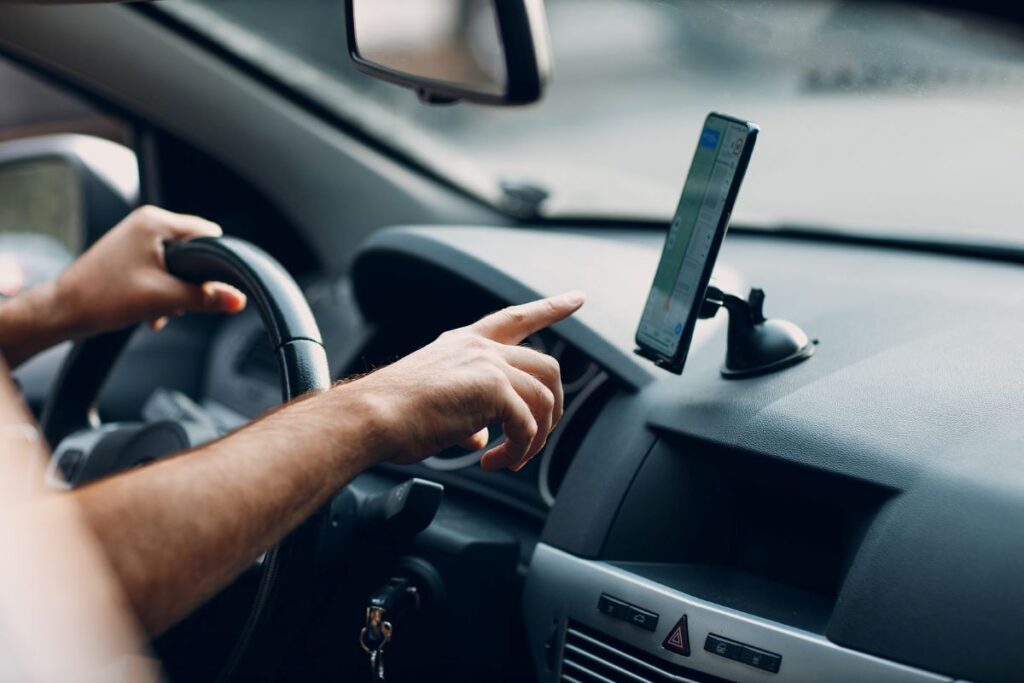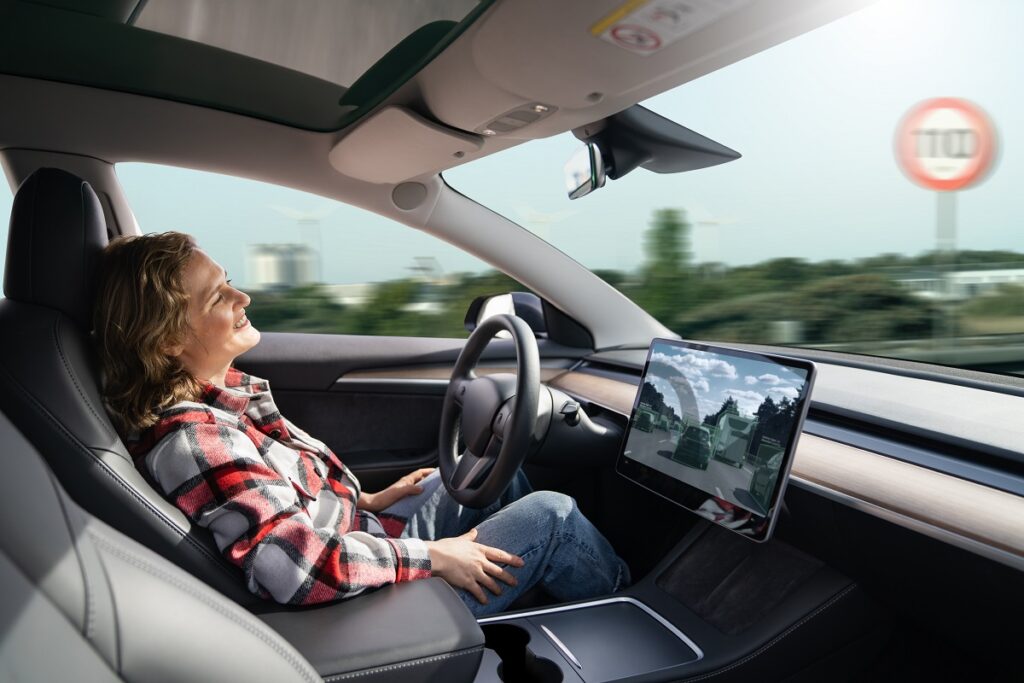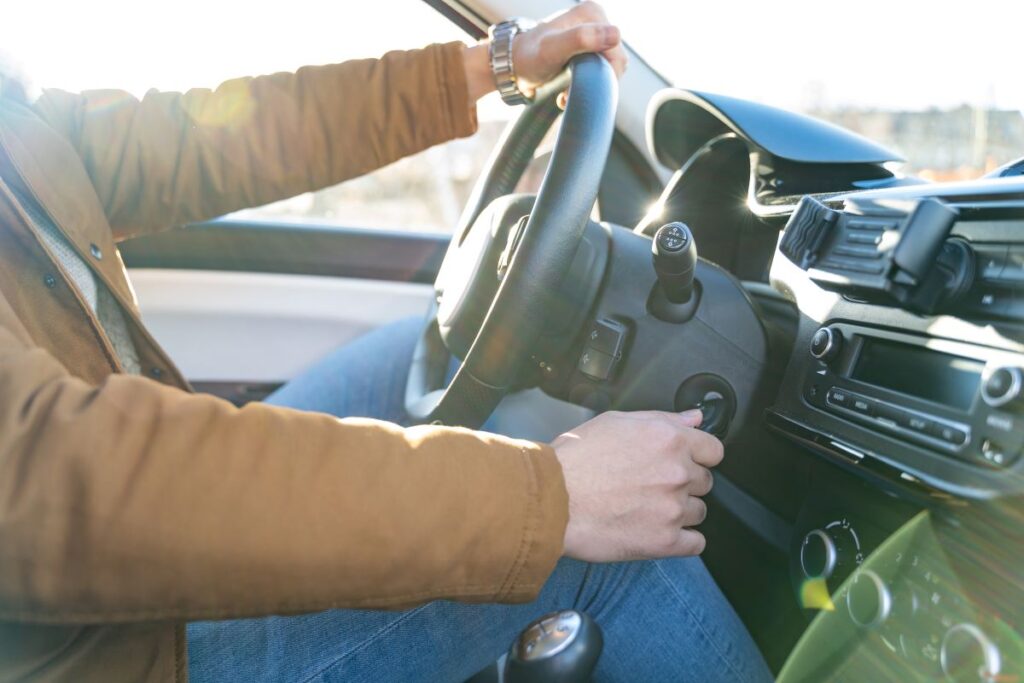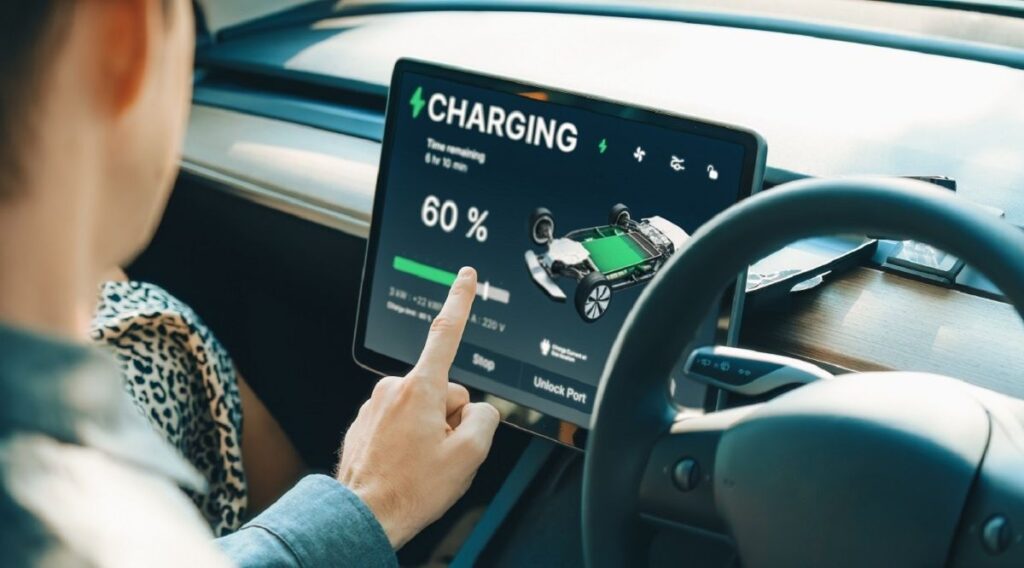As vehicles and smart devices become increasingly integrated with technology, privacy concerns are on the rise. Here are 19 key points to help you understand and navigate the tracking software often embedded in these devices.
1. GPS Tracking in Cars
Most modern vehicles come equipped with GPS tracking, which can monitor location and driving patterns.
2. Infotainment Systems
These systems can store personal data such as contacts, call logs, and even text messages from your synced devices.
3. Event Data Recorders
Similar to a plane’s black box, these record various data points like speed, brake application, and seat belt usage during accidents.
4. Telematics
Services like OnStar provide safety and diagnostics but can also track your location and vehicle status.
5. Smartphone Syncing
Syncing your phone with your car can expose your personal information to potential data harvesting from the vehicle’s system.
6. Usage-Based Insurance
Some insurance policies use devices that monitor driving behavior to determine rates, effectively tracking your driving habits.
7. Smart Home Devices
Devices like Amazon Echo and Google Home are always listening and can store snippets of audio, potentially affecting your privacy.
8. Fitness Trackers
These devices track your location, health data, and even sleep patterns, often syncing this data to the cloud.
9. Smart TVs
Connected TVs can track your viewing habits and even listen in via built-in microphones unless settings are adjusted.
10. Internet of Things (IoT) Devices
From smart refrigerators to thermostats, these devices collect a vast amount of data, including usage patterns and personal preferences.
11. Mobile Apps
Many apps request access to your location, contacts, and even control of device components like the camera or microphone.
12. Facial Recognition Technology
Used in various devices and security systems, this technology can identify and store facial data, raising significant privacy concerns.
13. Social Media
Platforms track your activity, location, and interests to tailor ads, often sharing this data with third parties.
14. Data Aggregation
Data from your devices can be aggregated, creating a detailed profile of your habits, preferences, and behaviors.
15. Wi-Fi and Bluetooth Trackers
These can be used to monitor your movements through signal triangulation, even when you’re not connected to the internet.
16. Automatic License Plate Readers
Used by law enforcement, these can track vehicles’ movements across cities and states.
17. Retail Tracking
Stores use Wi-Fi or facial recognition to track customers’ movements, analyzing shopping behavior and patterns.
18. Smart Meters
These utility meters can track detailed information about your energy usage, potentially revealing patterns in your daily life.
19. Data Security and Breaches
Even if you trust the company with your data, breaches can expose your personal information, so it’s crucial to consider the security measures in place.
Stay Safe
Understanding how your data is tracked, stored, and used is essential in today’s digital world. By being aware of these points, you can take steps to safeguard your personal information while still enjoying the benefits of modern technology.
Featured Image Credit: Shutterstock / Max4e Photo.
The content of this article is for informational purposes only and does not constitute or replace professional advice.
The images used are for illustrative purposes only and may not represent the actual people or places mentioned in the article.
For transparency, this content was partly developed with AI assistance and carefully curated by an experienced editor to be informative and ensure accuracy.










